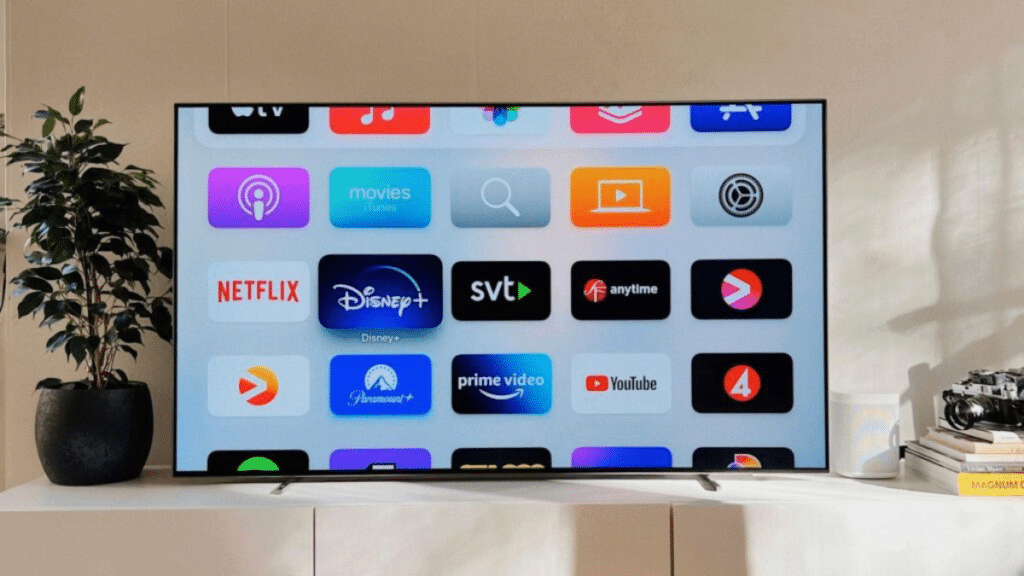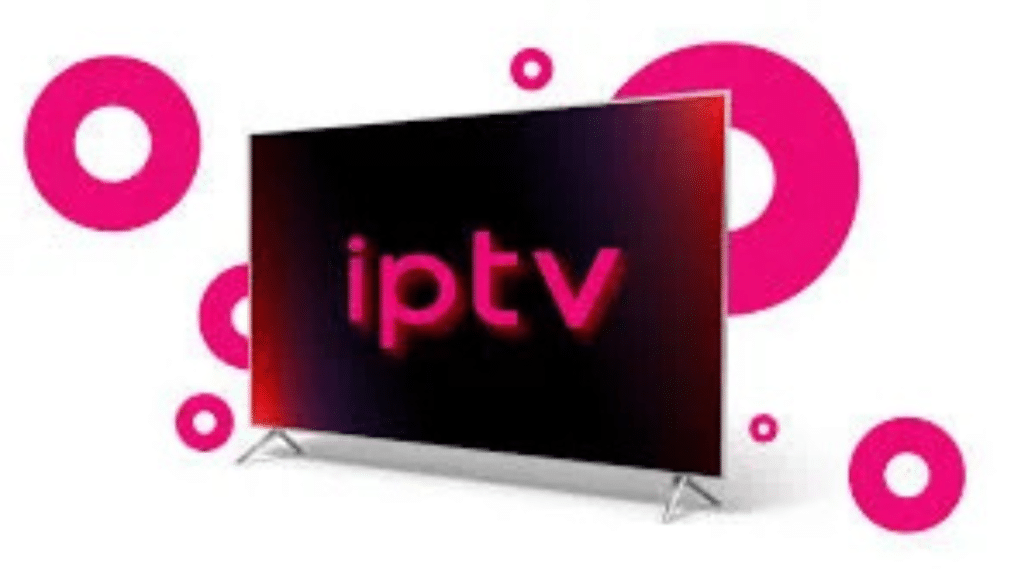Introduction to 4K IPTV
The world of television and entertainment is rapidly evolving, with 4K IPTV leading the charge into the future. But what exactly is 4K IPTV, and why should you care? In this article, we’ll dive deep into this cutting-edge technology, exploring its benefits, how it works, and what you need to know to enjoy the ultimate viewing experience.
What is 4K IPTV?
4K IPTV stands for “Internet Protocol Television” that delivers content in 4K resolution. This means that you can stream your favorite shows, movies, and sports events in ultra-high definition (UHD), offering a picture quality four times better than the standard HD. It’s like having a cinema experience right in your living room, where every detail is vivid and lifelike.
The Evolution of IPTV Technology
IPTV has been around for a while, transforming how we consume television. Unlike traditional broadcast methods, IPTV uses the internet to deliver content. The leap from standard and HD to 4K is a significant milestone, making IPTV more appealing to viewers who crave superior visual and audio quality.
The Benefits of 4K IPTV
When it comes to 4K IPTV, the advantages are plenty. From stunning visuals to versatile compatibility, here’s why this technology is a game-changer.
Crystal Clear Picture Quality
The most obvious benefit of 4K IP TV is the picture quality. With four times the resolution of Full HD, 4K brings out details that you might miss on a regular HDTV. Whether it’s the texture of an actor’s costume or the fine details in a landscape, 4K makes everything look sharper and more defined.
Enhanced Viewing Experience with HDR
4K IP TV often comes with High Dynamic Range (HDR) technology. HDR enhances the contrast and color range of the picture, making whites brighter and blacks deeper. This results in a more dynamic and lifelike image, which is particularly noticeable in dark scenes and colorful landscapes.
Multi-Device Compatibility
One of the great things about IPTV is its versatility. You can watch 4K content on a variety of devices, from your smart TV to your tablet or smartphone. This flexibility allows you to enjoy your favorite shows wherever you are, without being tied to a single screen.
How 4K IPTV Works
Understanding how 4K IP TV works can help you make the most out of this technology. Here’s a breakdown of the key components and requirements.
The Technology Behind 4K IPTV
4K IPTV relies on a combination of high-speed internet, advanced compression technologies, and specialized streaming devices. The content is delivered over the internet using IP (Internet Protocol), allowing for more efficient data transmission and better quality streaming.
Internet Requirements for Streaming 4K Content
To stream 4K content smoothly, you need a robust internet connection. Typically, a minimum speed of 25 Mbps is recommended, but for optimal performance, especially if multiple devices are connected, 50 Mbps or higher is ideal. A stable connection ensures that your streaming experience is free from buffering and lag.
Key Components Needed for 4K IP TV
Besides a strong internet connection, you’ll need a 4K-compatible device, such as a smart TV or a streaming box that supports 4K resolution. Additionally, subscribing to a 4K IPTV service is essential to access high-definition content.
Choosing the Right 4K IPTV Service
With numerous IPTV providers available, selecting the right one can be challenging. Here’s what you need to consider.
Factors to Consider When Selecting a Provider
When choosing a 4K IPTV provider, look for factors such as content variety, streaming quality, customer support, and reliability. Also, check if they offer features like DVR capabilities, multi-device streaming, and whether they include your favorite channels.
Comparing Top 4K IPTV Providers
Some of the leading 4K IPTV providers include Netflix, Hulu, Amazon Prime Video, and dedicated IPTV services like TiviMate and Perfect Player. Compare them based on content libraries, user interfaces, and subscription costs to find the one that best suits your needs.
Understanding Subscription Plans and Costs
4K IP TV services often come with various subscription plans, depending on the number of channels, the quality of streaming, and additional features like DVR storage. Prices can range from as low as $10 to $100 per month, so it’s crucial to choose a plan that offers value for money without compromising on quality.
Setting Up 4K IPTV at Home
Once you’ve selected your provider, setting up 4K IPTV is straightforward if you follow these steps.
Hardware Requirements for 4K Streaming
To start, ensure you have a 4K TV or a compatible streaming device. You’ll also need a high-speed HDMI cable to connect your device to your TV. Some setups might require additional equipment like a router upgrade to support faster internet speeds.
Step-by-Step Guide to Setting Up Your IPTV Box
- Connect the IPTV box to your TV using the HDMI cable.
- Power up the box and your TV.
- Configure the IPTV settings by following the on-screen instructions.
- Connect to your internet, either via Wi-Fi or Ethernet.
- Sign in to your IPTV service and start streaming.
Troubleshooting Common Issues
If you experience issues like buffering or poor picture quality, check your internet speed, ensure your device is properly connected, and update your IPTV app or firmware. Restarting your router can also resolve many common problems.
Future Trends in 4K IP TV
As technology advances, so too will the capabilities of 4K IP TV. Here’s what to expect in the coming years.
The Impact of 5G on 4K IP TV
The rollout of 5G networks will revolutionize 4K IPTV by providing faster and more reliable internet connections. This will enable smoother streaming, lower latency, and better quality, even on mobile devices.
Advancements in Streaming Technology
Emerging technologies like AI-powered content recommendations, improved compression algorithms, and adaptive bitrate streaming will enhance the user experience, making 4K IP TV more accessible and enjoyable.
The Future of Content Delivery Networks (CDNs)
CDNs are crucial for delivering 4K content efficiently. As these networks become more advanced, they will reduce latency, improve load times, and ensure a more consistent streaming experience, even during peak usage times.
Conclusion
4K IP TV is not just a trend; it’s the future of television. With its unparalleled picture quality, flexible viewing options, and continuous technological advancements, 4K IP TV offers an unmatched entertainment experience. Whether you’re a movie buff, a sports fan, or someone who simply enjoys high-quality TV, 4K IPTV has something for everyone.
FAQs
What is the difference between 4K IPTV and regular IPTV?
4K IPTV offers ultra-high-definition streaming with four times the resolution of regular IPTV, resulting in a sharper and more detailed picture.
Do I need a special TV to watch 4K IPTV?
Yes, you’ll need a 4K-compatible TV or a device that supports 4K resolution to enjoy 4K IPTV content.
How much internet speed is required for 4K IPTV?
A minimum internet speed of 25 Mbps is recommended for 4K streaming, but 50 Mbps or higher is ideal for optimal performance.
Are there any downsides to using 4K IPTV?
The primary downside is the need for a fast and stable internet connection. Without it, you might experience buffering or lower quality streaming.
Can I record shows with 4K IPTV?
Yes, many 4K IPTV services offer DVR capabilities, allowing you to record and store your favorite shows and movies for later viewing.





